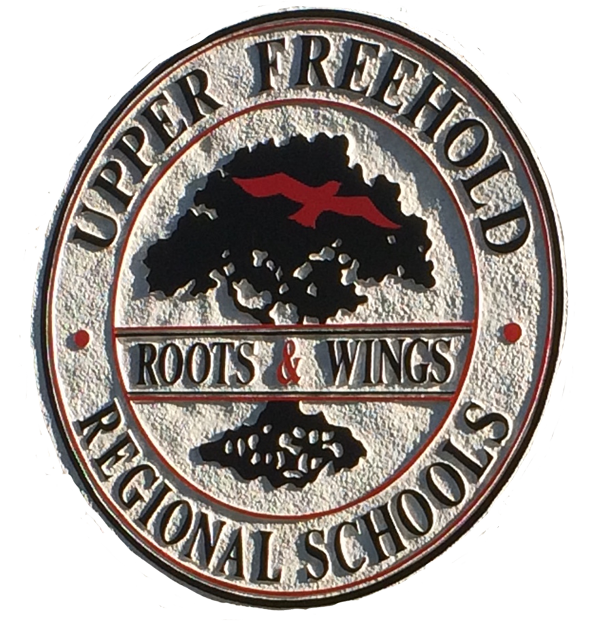The Upper Freehold Regional School District Board of Education has adopted a $38.7 million budget that will fund the operation of the district during the 2018-19 school year.
Following a discussion among district administrators and board members and a public hearing, the budget was adopted on April 25. The budget appears to leave Allentown property owners with stable school taxes, but will hike the school taxes of a person who owns the “average” home in Upper Freehold Township by more than $300.
Upper Freehold Regional serves children from Upper Freehold Township and Allentown in kindergarten through 12th grade. Residents of Millstone Township attend the district’s Allentown High School through a send-receive relationship.
The $38.7 million budget for the 2018-19 school year will be supported by a total tax levy of $26.6 million. Upper Freehold’s residential and commercial property owners will pay $22.96 million of the tax levy (86.3 percent) and Allentown’s residential and commercial property owners will pay $3.64 million (13.7 percent) of the tax levy.
The 2017-18 budget totaled $41.7 million and was supported by a $25.63 million tax levy consisting of a $22 million tax levy in Upper Freehold (85.9 percent) and a $3.63 million tax levy in Allentown (14.1 percent).
In 2017-18, the school tax rate in Upper Freehold was $1.813 per $100 of assessed valuation. The owner of a home assessed at the township average, $464,500, paid $8,421 in school taxes. In 2018-19, the tax rate is projected to be $1.883 per $100. An individual with a home still assessed at $464,500 will pay $8,747 in school taxes, an increase of $326, according to the board.
If a resident of Upper Freehold had a home that was assessed at $600,000 in 2017 and is still assessed at $600,000 for 2018, the school tax will increase from $10,878 to $11,298, an increase of $420.
In 2017-18, the school tax rate in Allentown was $1.891 per $100 of assessed valuation. The owner of a home assessed at the borough average, $289,483, paid $5,473 in school taxes. In 2018-19, the tax rate is projected to be $1.8907 per $100. An individual with a home still assessed at $289,483 will pay $5,472 in school taxes, a decrease of $1, according to the board.
If a resident of Allentown had a home that was assessed at $350,000 in 2017 and is still assessed at $350,000 for 2018, the school tax will decrease by $2 from $6,619 to $6.617.
District administrators said the difference in the tax impact between Upper Freehold and Allentown is the result of the tax levy distribution. They emphasized that the percentage of the tax levy that is paid by Upper Freehold property owners and the percentage that is paid by Allentown property owners is determined by the state and not by school board members.
School taxes are one component of a property owner’s tax bill and individuals pay more or less in taxes depending on the assessed value of their home and/or property. The property tax bill also includes municipal and county taxes.
During the public hearing on the budget, a resident of Upper Freehold who said he has lived in the township since 1993 spoke about the increase he has seen in his total tax bill (including municipal taxes and county taxes) over the years. He told the board he paid $1,800 in property taxes in 1993 and is now paying $11,500, a 600 percent increase.
“I think there has to be another formula on funding schools,” he said. “The taxpayers in Upper Freehold cannot sustain any more increases any longer.”
Board President Patrica Hogan, who is an Upper Freehold resident, said she agreed with the resident regarding the state’s school funding formula. Hogan said the state, not the school board, controls the distribution of the tax levy between Upper Freehold and Allentown.
“We have to work within the guidelines of the state,” Hogan said. “We can’t say we don’t agree with [the state] and we’re going to charge Allentown 25 percent because they make up 25 percent of the population. We have no control over that. Those numbers are handed to us from the state.”
In addition to the tax levy, other revenue in the 2018-19 school budget includes $277,024 from surplus (savings) and $5.8 million in state aid. District administrators have estimated receiving an additional $183,500 for extraordinary aid, but said they do not yet know if they will receive that money.

